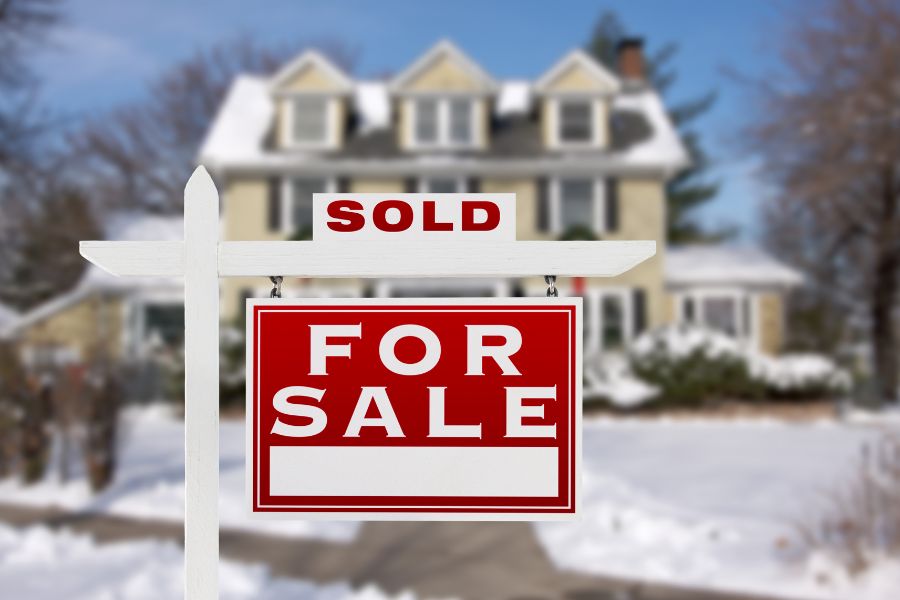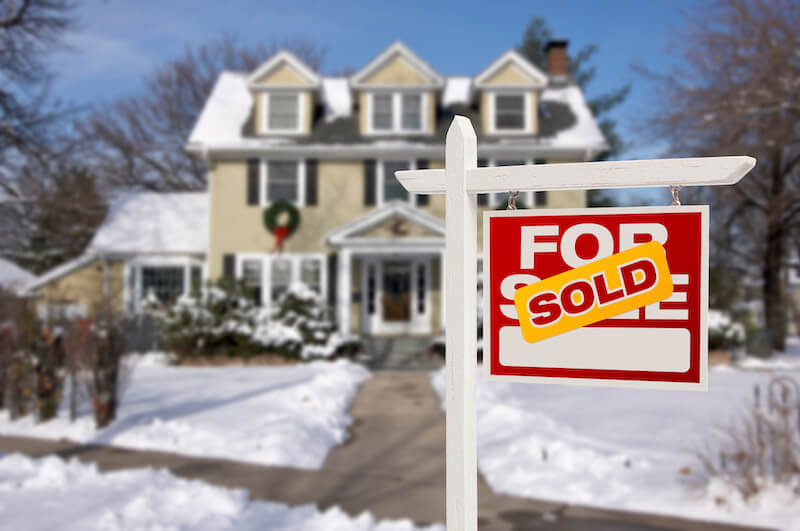Key Facts:
- Understand the growing influence of millennial buyers in the real estate market.
- Leverage a strong online presence to attract tech-savvy millennials to your property.
- Showcase lifestyle benefits and adaptable home features to captivate millennial homebuyers.
Unlocking Millennial Homebuyer Opportunities

The millennial generation is rapidly emerging as a dominant force in home buying. There are incredible opportunities for us to tap into this growing demographic. We are thrilled to share how we can work together to effectively market your property to these dynamic and influential buyers.
Why Millennial Buyers Matter

Born between the early 1980s and the mid-1990s, millennials are the largest generation in the workforce today. Their preferences and lifestyle choices significantly impact the real estate market. Many have reached a stage where they are settling down, starting families, and looking for their dream homes. Understanding their desires and priorities is crucial for us as sellers aiming to maximize your home’s appeal to this vibrant demographic.
Embrace the Digital Realm

In today’s tech-driven world, a strong online presence is essential for reaching millennials. As your real estate agents, we’ll leverage cutting-edge marketing tools and social media platforms to showcase your property in the best light. With high-quality photos, we’ll ensure your home stands out among the digital crowd. We’ll craft compelling narratives around your property, ensuring that its unique features shine through the online medium, captivating potential buyers.
Highlight Lifestyle Benefits

Millennials are looking for homes that align with their desired lifestyle. From emphasizing the proximity to trendy urban centers to showcasing local parks and recreational spots, we’ll paint a vivid picture of the experiences they can enjoy if they choose your home. Highlighting the neighborhood’s vibrant culture and convenient amenities will create a sense of belonging and allure for millennial buyers. We will help them envision their future in your property.
Create the Perfect Home Office Space

With remote work becoming the new normal, a dedicated home office space is highly appealing to millennial buyers. Strategically accentuate flexible workspaces in your home to cater to their evolving work-from-home needs. This will make your property a top choice. By showcasing the versatility of such spaces, we can demonstrate how your home is adaptable to their professional and personal lifestyles.
Harness Millennial Buyers for Your Home Sale

Selling your home to the millennial generation is an exciting endeavor, and we are here to be your trusted guides throughout the process. We bring expertise in digital marketing strategies, an in-depth understanding of millennial preferences, and the dedication to making your home appeal to this growing demographic. Together, let’s unlock the power of millennial buyers and position your property for success in the ever-evolving real estate market!
Are you ready to take the next step? Reach out to us today, and let’s create a winning marketing strategy that speaks directly to the hearts of millennial homebuyers!
An inviting garden and green-space is appealing to buyers of any generation.
































